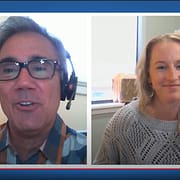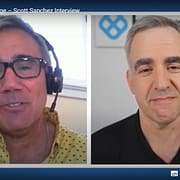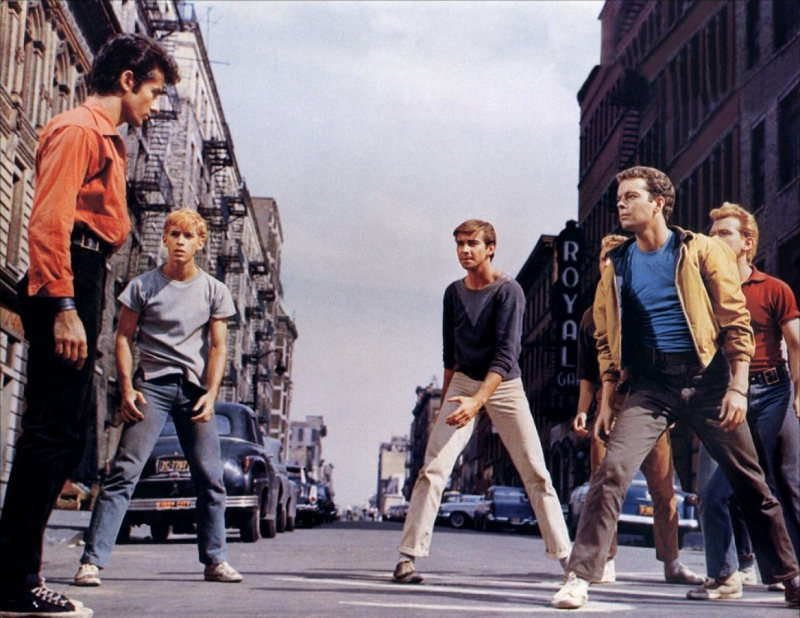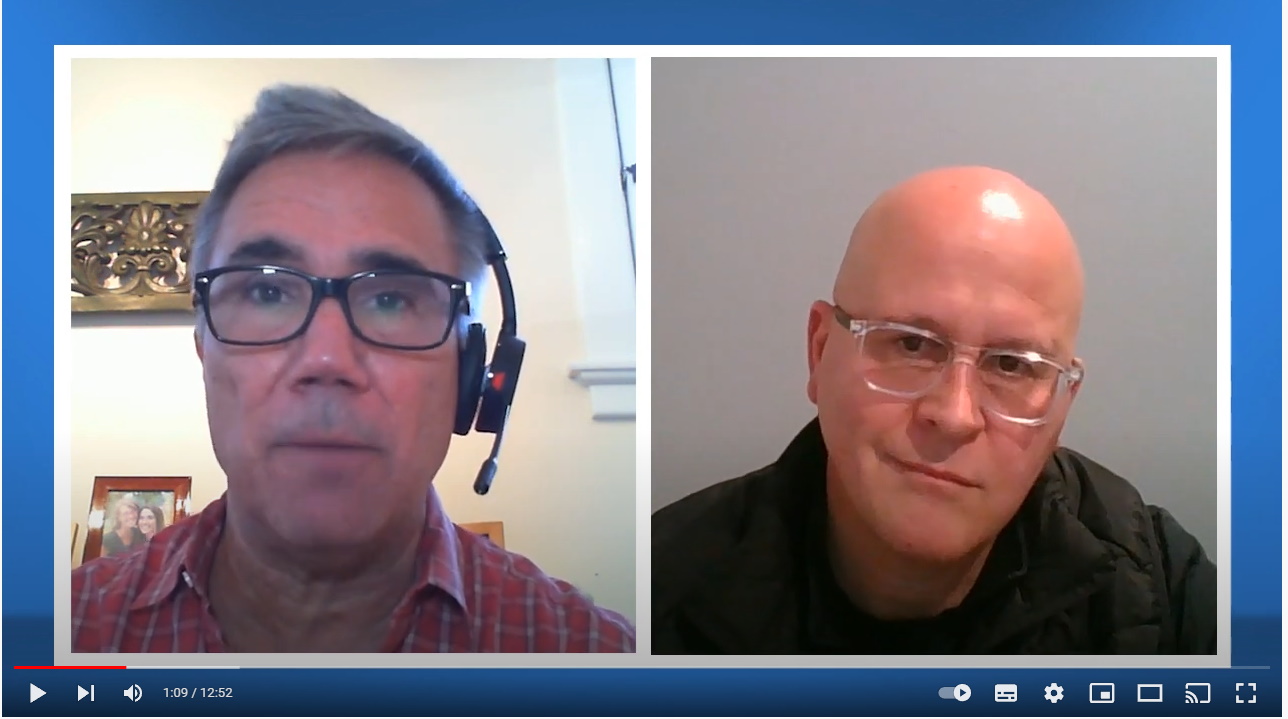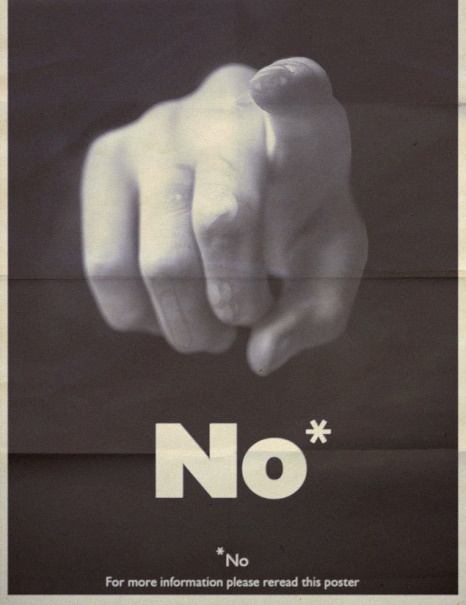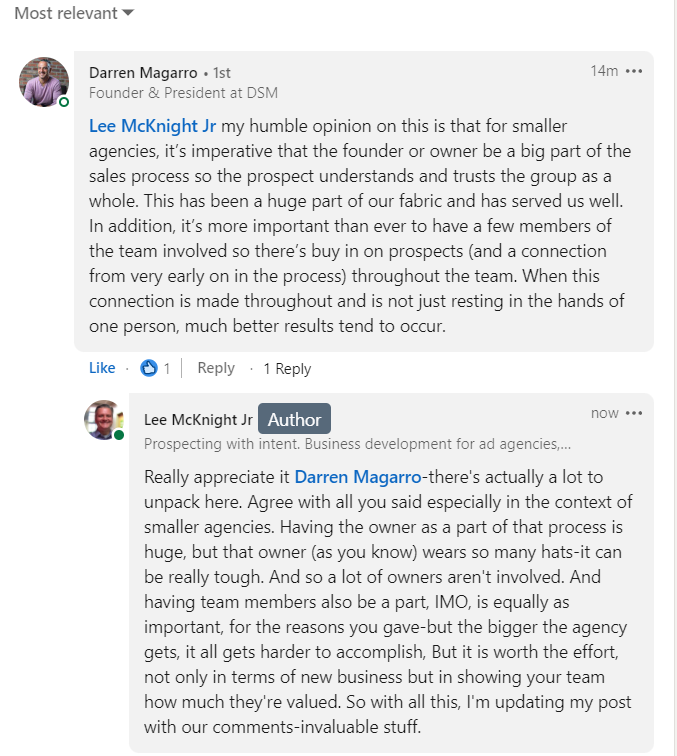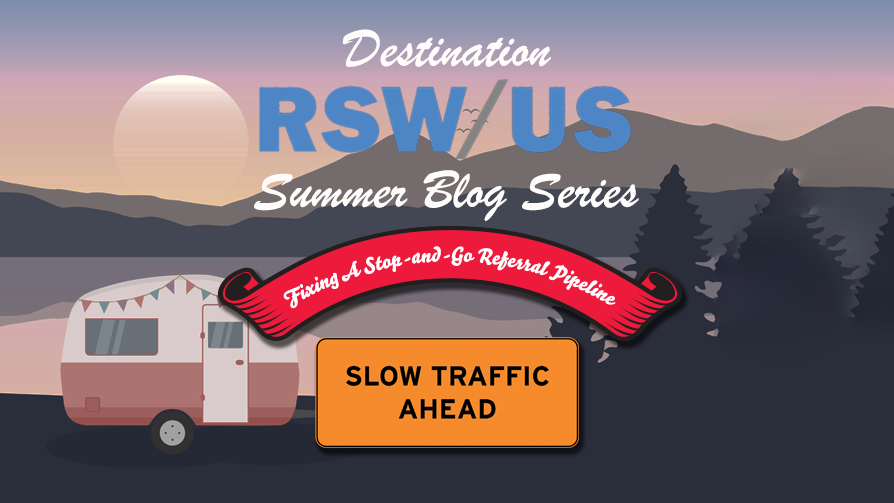In this episode of Marketer’s Edge we’re talking property management services, multifamily real estate, localized marketing, and multi-location property management with Renee McIntyre, Director of Sales and Marketing at Scully Company.
If your agency pursues clients in real estate, and specifically property management services, you’ll want to watch this episode.
A bit of background: Scully Company specializes in multifamily real estate in both ownership and management capacities, currently managing over 7,000 units consisting of large-scale garden, mid-rise and high-rise apartment communities for institutions, private investors and our own portfolio.
Scully Company manages properties in Florida, Pennsylvania, New Jersey, and Connecticut. Operating in diverse locations with a keen focus on strategies specific to local markets, Scully Company has achieved recognition as a leader in the multifamily industry.
Why Advertising Agencies Should Watch This Episode-Renee talks:
- The degree to which technology plays a role in the overall management and maintenance of properties or in the overall management of Renee’s marketing activities
- How Renee differentiates Scully’s offering in the eye of the investor – whether it be an institution or a private investor or the consumer
- The biggest challenges she faces as the director of marketing and sales for this multi-location property management group.
- How she addresses the need to localize marketing for each property yet still maintaining efficiencies in her overall spend.
- Any advice Renee would give to marketers thinking about bringing a new agency on board
- And lastly, if an agency was trying to knock down Renee’s door and attempting to win business from her, what advice she would give them.
A little bit about Renee:
As Director of Sales and Marketing, Renee McIntyre leads development of all real estate sales and marketing strategies for Scully Company, along with each of the individual brands within our portfolio.
A true team player, Renee lives her life by the motto “how you do anything, is how you do everything”. She strategically aligns every project with the company’s overall mission while overseeing portfolio occupancy and developing supplemental strategies to maximize revenue.
During her 12 minutes of spare time each year, Renee loves unwinding with a fine glass of wine, crushing it at family game night and beating last years’ time at the Broad Street Run.
Renee is a Certified Training Facilitator for the National Apartment Association and has a Bachelor of Science in Tourism and Hospitality from Temple University in Philadelphia

